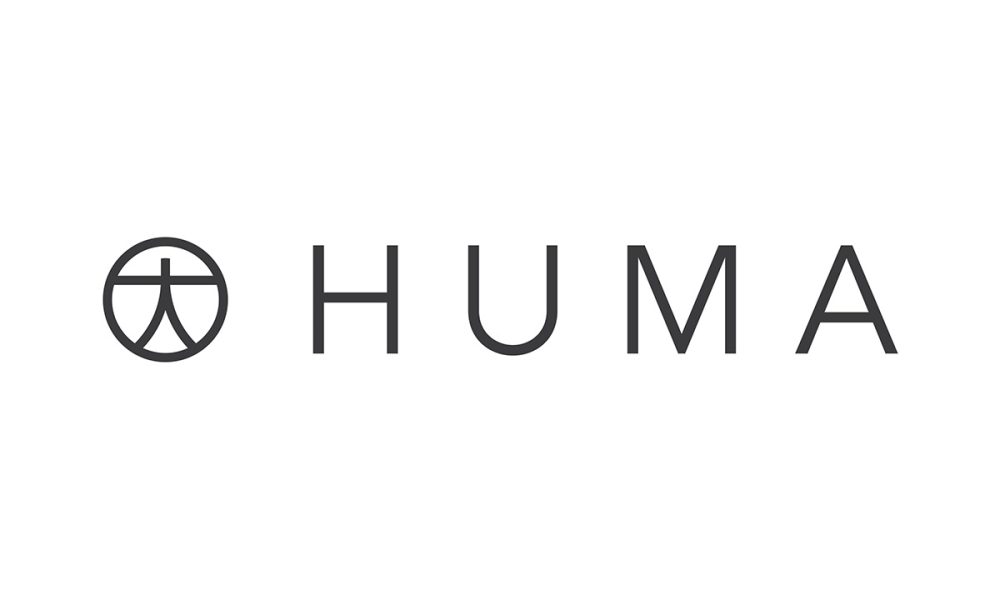
Huma Therapeutics (“Huma”), a leading global digital health company, and Merck KGaA, Darmstadt, Germany, a leading science and technology company, today announced a partnership to develop a digital solution that aims to help cancer patients better understand and manage their conditions and treatment. The Cross-Indication Disease Management Platform will be made available to patients being treated with Merck KGaA, Darmstadt, Germany’s cancer therapies.
Set for initial launch in 2024, the preliminary direct-to-patient solution will support urothelial carcinoma patients in the UK.
Regulated platform will drive improved treatment adherence
Utilising Huma’s disease-agnostic Software as a Medical Device (SaMD) technology platform, the first of its kind to achieve both EU MDR Class IIb regulation and FDA Class 2 510(k) clearance, the collaboration between Huma and Merck KGaA, Darmstadt, Germany aspires to (with local specifications):
- Increase patient understanding of their condition and treatment protocols, encouraging adherence to prescribed treatment
- Encourage discussions between patients and their care team
- Deliver timely educational content
- Support connections between patients and caregivers, fostering a supportive community network
Dan Vahdat, CEO and Founder of Huma, said: “Huma is dedicated to advancing the frontier of digital-first care and research. Our collaboration with Merck KGaA, Darmstadt, Germany is a pivotal step towards amplifying our impact on patient care both at the individual and systemic level. Our recent regulatory achievements mark a significant milestone, streamlining our ability to introduce innovative digital companion applications, alongside more sophisticated AI algorithms that may support patients and healthcare professionals alike. We are thrilled to join forces with Merck KGaA, Darmstadt, Germany, to develop this ambitious oncology platform.”
Dr Mert Aral, Chief Medical Officer, Huma, said: “A number of well-designed scientific studies have underscored the pivotal role digital health technologies can play in optimising care pathways in oncology, improving patient outcomes. In this significant collaboration with Merck KGaA, Darmstadt, Germany, the project strives to simplify the complex journey that cancer patients often face. The goal is straightforward – to deepen the understanding of patients about their condition, help them to navigate intricate care pathways seamlessly and to facilitate sustained adherence to therapies.”



